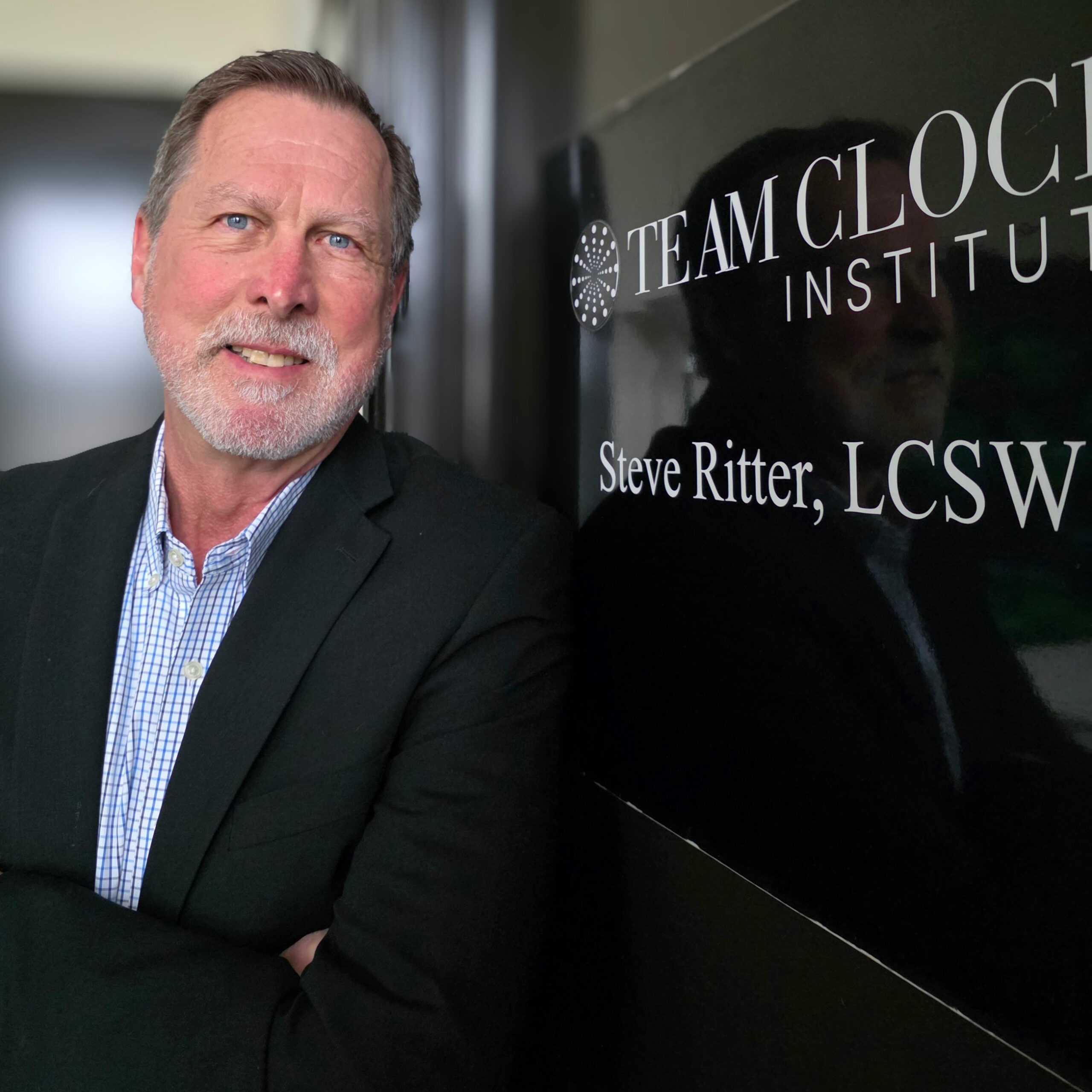There are times when the urban atmosphere is so foggy it requires faith to know the skyscrapers have top floors. Much like the future of an engaged coaching partnership, the outcome is not always immediately visible. What, then, provides clarity when the goal is not in sight?
- Know your strengths. You were wired to be talented at something. Invest in these talents.
- Be true to your priorities. At any given stage of your career path, what’s most important shifts. At some point, meaning and impact surpass the value of money.
- Prune your network. If you are going to get out and meet people, select the connections most likely to offer mutual benefit and advance each person’s strengths and priorities.
- Embrace the courage of selectivity. The early, middle, and later stages of a career call for different levels of bravery. At the beginning, find a great mentor. In the middle, exert your influence. At the end, reinvent, explore, and have fun.
- Understand the drain/fuel dichotomy. The simplest test for determining the right path is whether it depletes or feeds your professional energy. If it drains, do it less. If it fuels, do it more.
Although the destination might not always be clear, the journey has guideposts that can be trusted.

About the Author
Steve Ritter, LCSW is the Founder and Executive Director of Elmhurst Counseling. He has served as a teacher, author, consultant, human resources director, health care administrator, and licensed clinical social worker since 1977. A fellow of the American College of Healthcare Executives, Steve has provided coaching, therapy and team development services to thriving schools, businesses and organizations.

